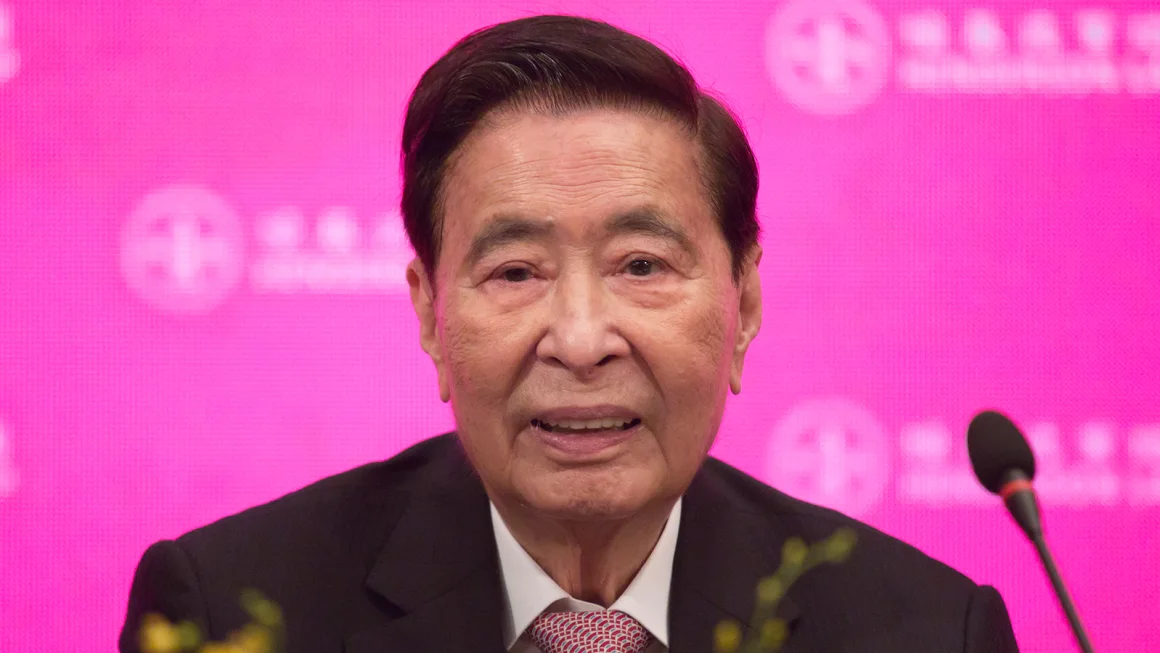The volume of fact-checking reports addressing misinformation in Bangladesh surged by 58% in 2024 compared to 2023, according to a recent report by Dismislab. The report sheds light on key misinformation trends, highlighting the individuals, countries, organizations, and narratives most frequently targeted.
Individuals Targeted by Misinformation
Former Prime Minister Sheikh Hasina emerged as the most targeted individual in 2024. Following her ouster during the July revolution and subsequent relocation to India, misinformation about her became widespread. Dr. Muhammad Yunus, who assumed the role of chief advisor to the interim government after Hasina’s removal, was the second most targeted figure. Disinformation campaigns against Dr. Yunus intensified after the political changeover on August 5.
Prominent cricketers Shakib Al Hasan and Tamim Iqbal were also major targets of misinformation. Shakib, who joined the Awami League and won a parliamentary seat in the 2024 elections, was the subject of numerous false claims. Rivalry between Shakib and Tamim, both immensely popular among cricket fans, fueled the spread of misinformation, including fabricated quotes and manipulated media.
After the August 5 transition, misinformation campaigns began targeting advisors of the interim government and leaders of the Students Against Discrimination (SAD) movement. Student leaders Asif Mahmud, Nahid Islam, and Mahfuj Alam faced false allegations, including fabricated quotes and claims of links to militant organizations. Prominent student activists Sarjis Alam and Hasnat Abdullah also fell victim to similar disinformation, with fake social media accounts spreading false claims in their names.
Countries Frequently Featured in Misinformation
India was the most mentioned country in misinformation reports, particularly after the August 5 political changeover. Narratives included false claims about Indian military involvement in Bangladesh, communal tensions, and propaganda portraying Bangladesh as a militant state.
Rumors about Sheikh Hasina’s stay in India, Indian involvement in Bangladesh Bank, and fabricated stories of Indian soldiers withdrawing from Bangladesh circulated widely. Other misinformation linked India to floods in Bangladesh, blaming Indian dams, and spread false narratives surrounding India’s national elections and the Ram Temple construction in Ayodhya.
Other countries, including Iran, Palestine, and the United States, also featured in misinformation narratives. Geopolitical tensions involving Israel and Palestine, conspiracy theories about U.S. interference in Bangladesh’s politics, and exaggerated claims about Pakistan’s activities in Bangladesh were significant themes.
Organizations Targeted by Misinformation
The Awami League and its affiliates were the most targeted organizations in 2024, particularly during the July-August political movement. False claims ranged from fabricated reports of violence against protesters to misleading narratives about Awami League members impersonating opposition activists.
After the political transition, misinformation campaigns targeted the Bangladesh Army and Police Force, with rumors of clashes between the military and political groups, and false reports of military control over the economy. Educational institutions, especially Dhaka University, were also at the center of misinformation during student-led protests.
Other Misinformation Trends
Religious organizations, such as ISKCON, were targeted with false claims, including allegations of weapons being seized from temples and fabricated press releases accusing the group of militant activities. Similarly, rumors about BNP’s stance on religious organizations further fueled misinformation.
In December 2024, religious topics accounted for 29% of all fact-check reports, highlighting the prevalence of misinformation in this area. Misleading narratives about Pakistan also gained traction, particularly surrounding the arrival of a Pakistani cargo ship in a Bangladeshi port for the first time since 1971.
Misinformation Analysis Methodology
Dismislab’s report analyzed data from eight prominent fact-checking websites, including Rumor Scanner, BoomBD, and Fact Watch. A total of 4,699 fact-check reports were published in 2024, with 3,167 unique cases identified. The reports were categorized into 17 topics, covering politics, sports, health, international affairs, and more.
This comprehensive report underscores the growing challenge of combating misinformation in Bangladesh and highlights the critical role of fact-checking organizations in addressing this issue.














